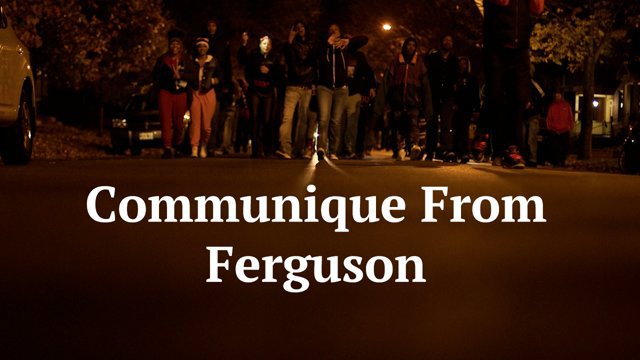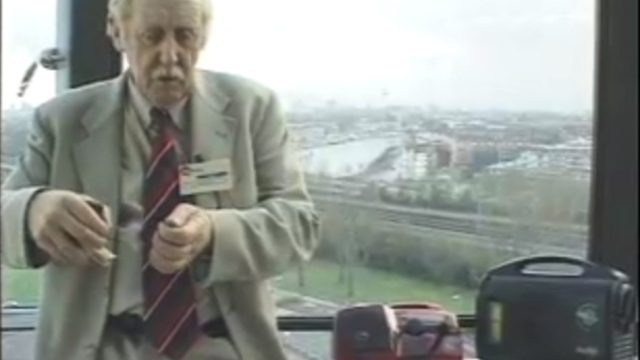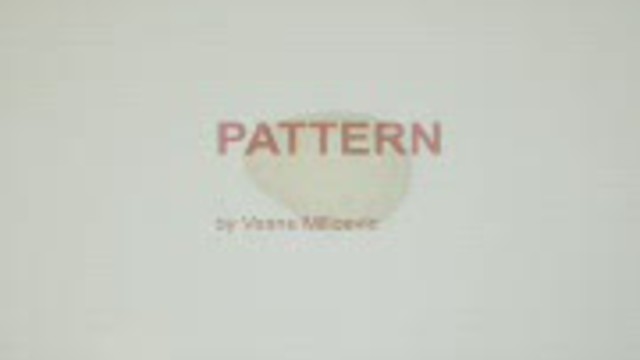Manifesto of the association Real Democracy Now (English)
We are ordinary people. We are like you: people, who get up every
morning to study, work or find a job, people who have family and
friends. People, who work hard every day to provide a better future for
those around us.
Some of us consider ourselves progressive, others conservative. Some of
us are believers, some not. Some of us have clearly defined ideologies,
others are apolitical, but we are all concerned and angry about the
political, economic, and social outlook which we see around us:
corruption among politicians, businessmen, bankers, leaving us helpless,
without a voice.
This situation has become normal, a daily suffering, without hope. But
if we join forces, we can change it. It's time to change things, time to
build a better society together.



